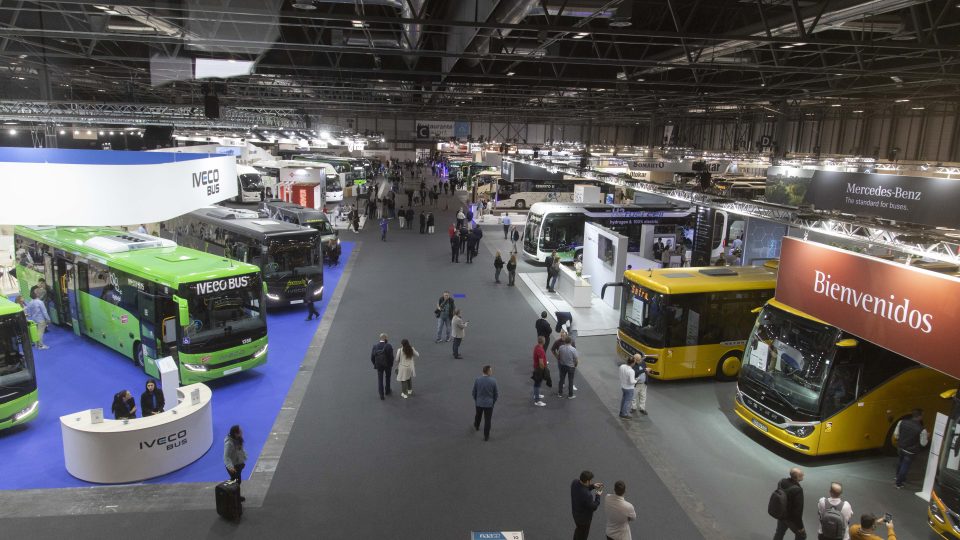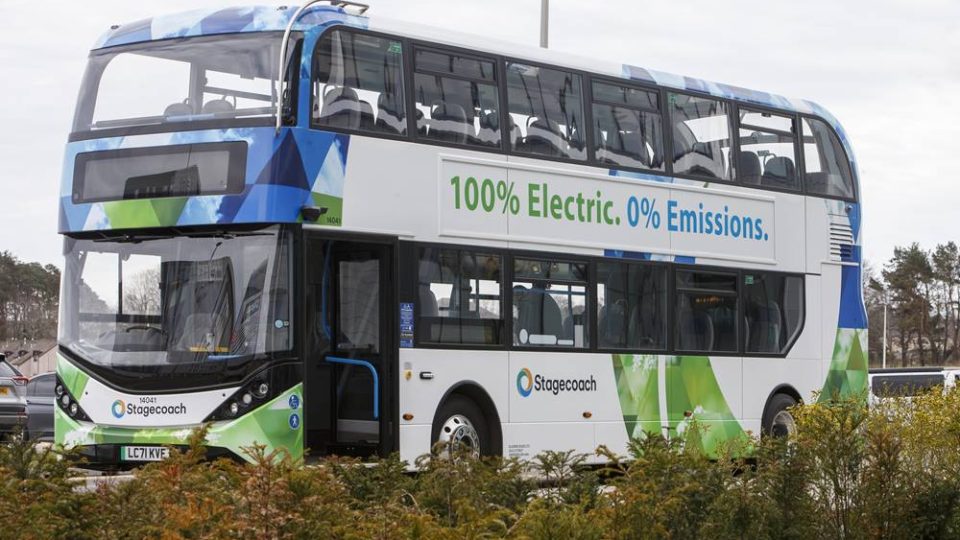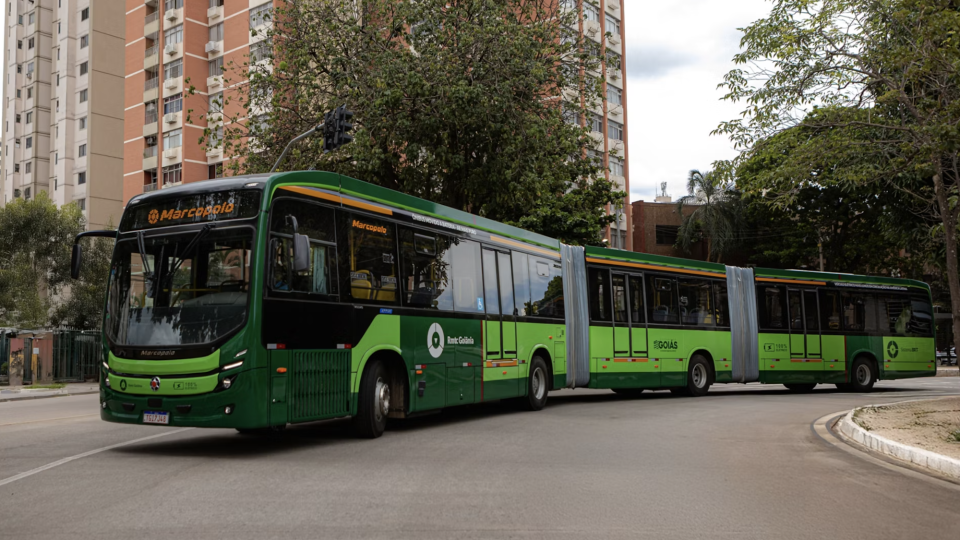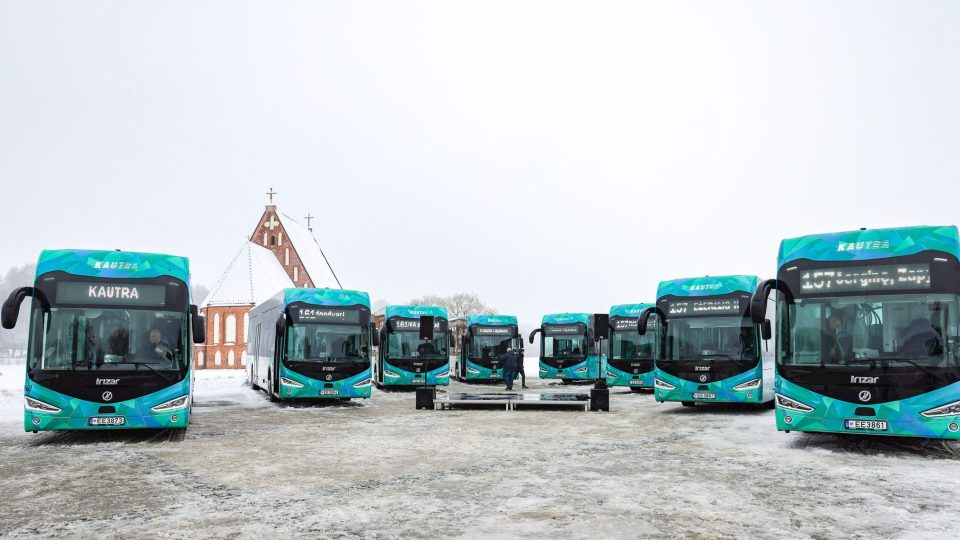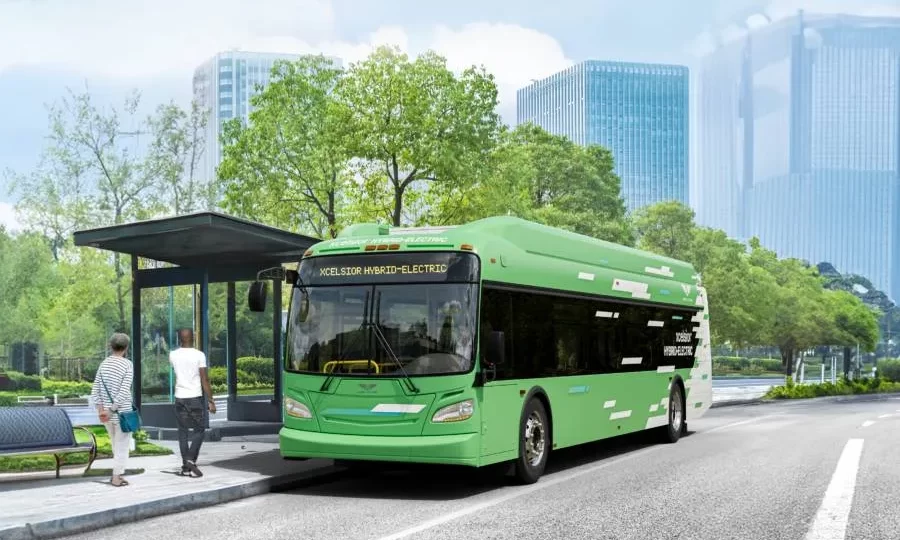Germany, Lower Saxony carriers join forces to secure funding for 12 electric buses
Three public transport companies in Lower Saxony—Verdener Verkehrsgesellschaft (VVG/Allerbus), Stadtbus Goslar (SBG), and KVG Braunschweig (KVG)—have jointly secured funding to expand their electric bus fleets. The grant, awarded by the N-Bank, combines resources from the European Regional Development Fund (ERDF) and the state of Lower Saxony, totaling €5.8 million. The news is reported on German […]
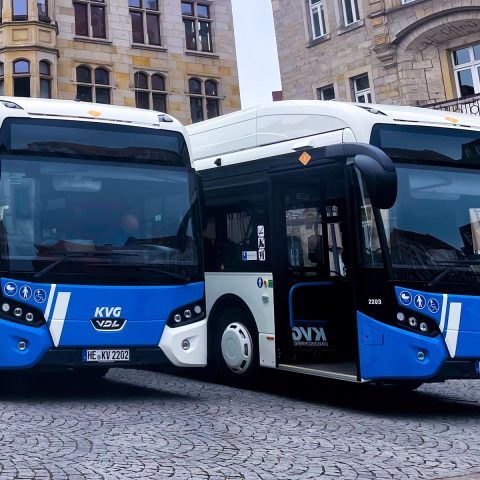
Three public transport companies in Lower Saxony—Verdener Verkehrsgesellschaft (VVG/Allerbus), Stadtbus Goslar (SBG), and KVG Braunschweig (KVG)—have jointly secured funding to expand their electric bus fleets. The grant, awarded by the N-Bank, combines resources from the European Regional Development Fund (ERDF) and the state of Lower Saxony, totaling €5.8 million. The news is reported on German website Newstix and subsequently covered by trade agency Electrive.
The financial support covers approximately 30% of eligible costs from state funds across all three operators, with ERDF contributions varying between 40% and 60%. Specifically, KVG Braunschweig will receive around €2.04 million, VVG €2.18 million, and Stadtbus Goslar €1.6 million.
Germany, operators in Lower Saxony get funding for e-buses
This funding facilitates the purchase of 12 new electric buses: five articulated and seven solo models. Delivery and deployment are planned for 2026 and 2027. In the Salzgitter/Helmstedt/Wolfenbüttel region, four articulated buses will join the network, while Verden will add one articulated and three solo electric buses. Goslar plans to increase its fleet with four additional solo electric buses.
These three operators have collaborated successfully on vehicle procurement and funding applications for several years. Since 2020, this cooperation has resulted in the acquisition of three electric buses for Goslar, four for Verden, and a substantial 32 for KVG Braunschweig.
The funding marks the next phase of electrification efforts: by 2027, Verden expects to have converted 30% of its fleet to alternative propulsion. Goslar aims for a 44% electric fleet share in its urban service area by the same year. KVG Braunschweig has already electrified more than 30% of its fleet, positioning itself among the region’s leaders in sustainable public transport.
“Funding is an important milestone on our way to more sustainable mobility, explains KVG Managing Director Axel Gierga.” The switch to alternative drive systems is associated with high investment costs, both for vehicles and for charging infrastructure. Funding is therefore the decisive instrument to support us transport companies in the technology transition.”
“The funding enables us to use state-of-the-art technology for climate protection without placing an additional burden on our investment costs,” emphasizes VVG Managing Director Henning Rohde.” This benefits the environment, passengers and ultimately taxpayers. We are grateful that the state and EU funding continues to provide reliable support for our e-bus projects.”
Anne Sagner, Managing Director of Stadtbus Goslar, adds: “Even if the loss of federal funding brings financial challenges and additional administrative work, we see the current funding as a clear commitment by the state to climate-friendly mobility. For the future, we hope that state, federal and EU funding will be more closely interlinked so that we can work together to make the drive transition in public transport even more efficient.”

